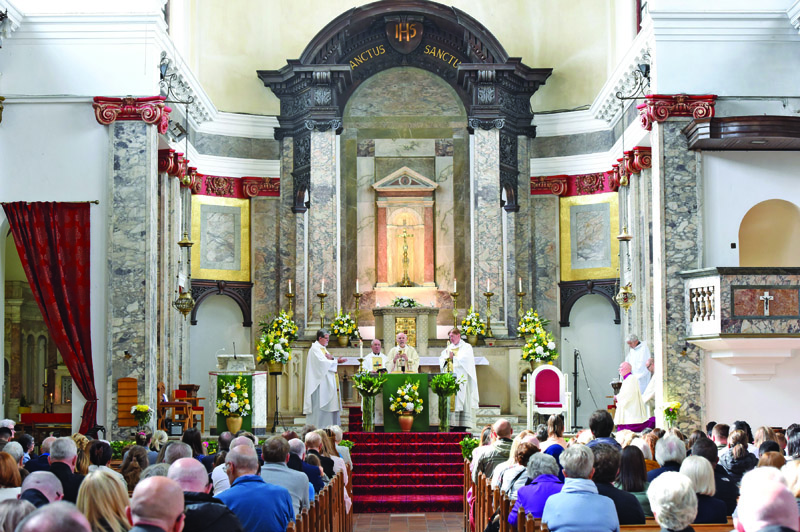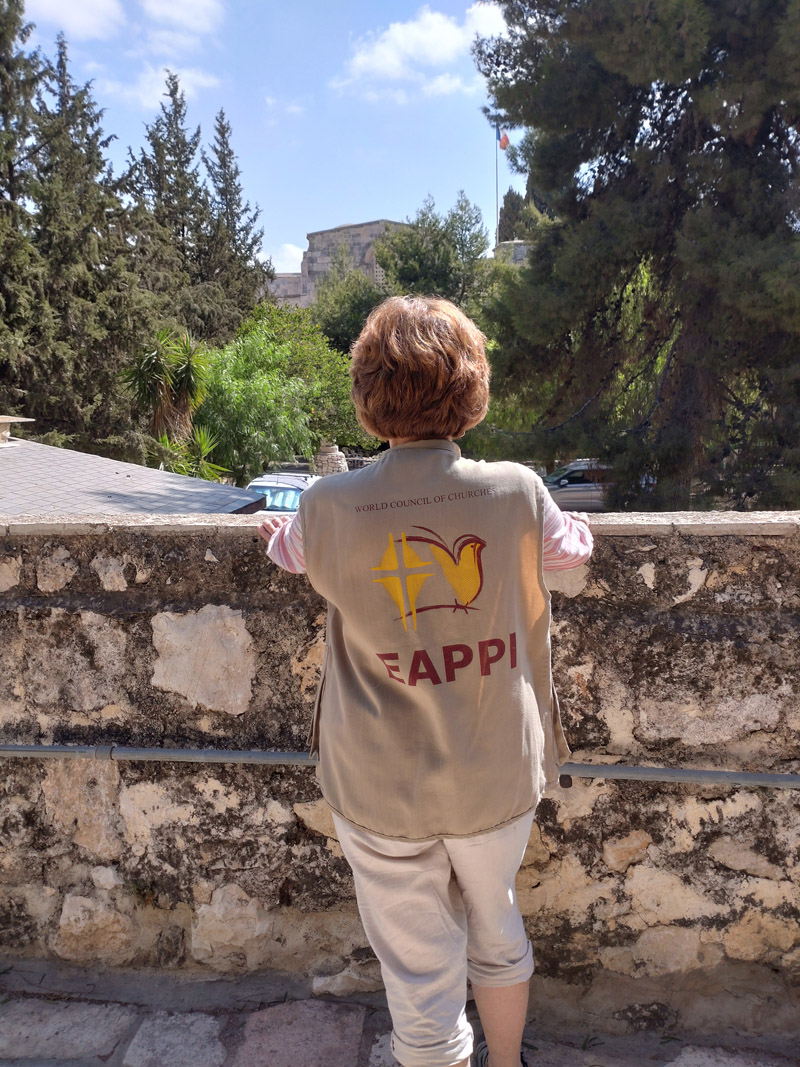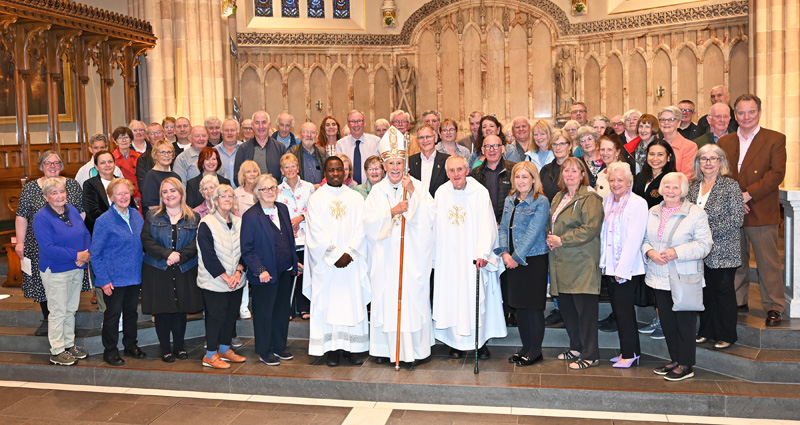
Official Journal of the Archdiocese of Glasgow
October 2023


Official Journal of the Archdiocese of Glasgow
October 2023

Anniversary

For the Catholic descendants of both Gaelic speaking Highlanders and Irish families who were victims of the Great Hunger who fled their homes in search of a better life the Parish of Sacred Heart in Bridgeton became home.
Read more…
Pope calls for prayer

A Glasgow parishioner has spoken of her horror as violence erupted while she was volunteering as human rights monitor in the West Bank.
Read more…
SSVP

From their very beginning 175 years ago in Glasgow the members of the Society of Saint Vincent de Paul have, in the words of Pope Francis, looked the poor in the eye.
Read more…